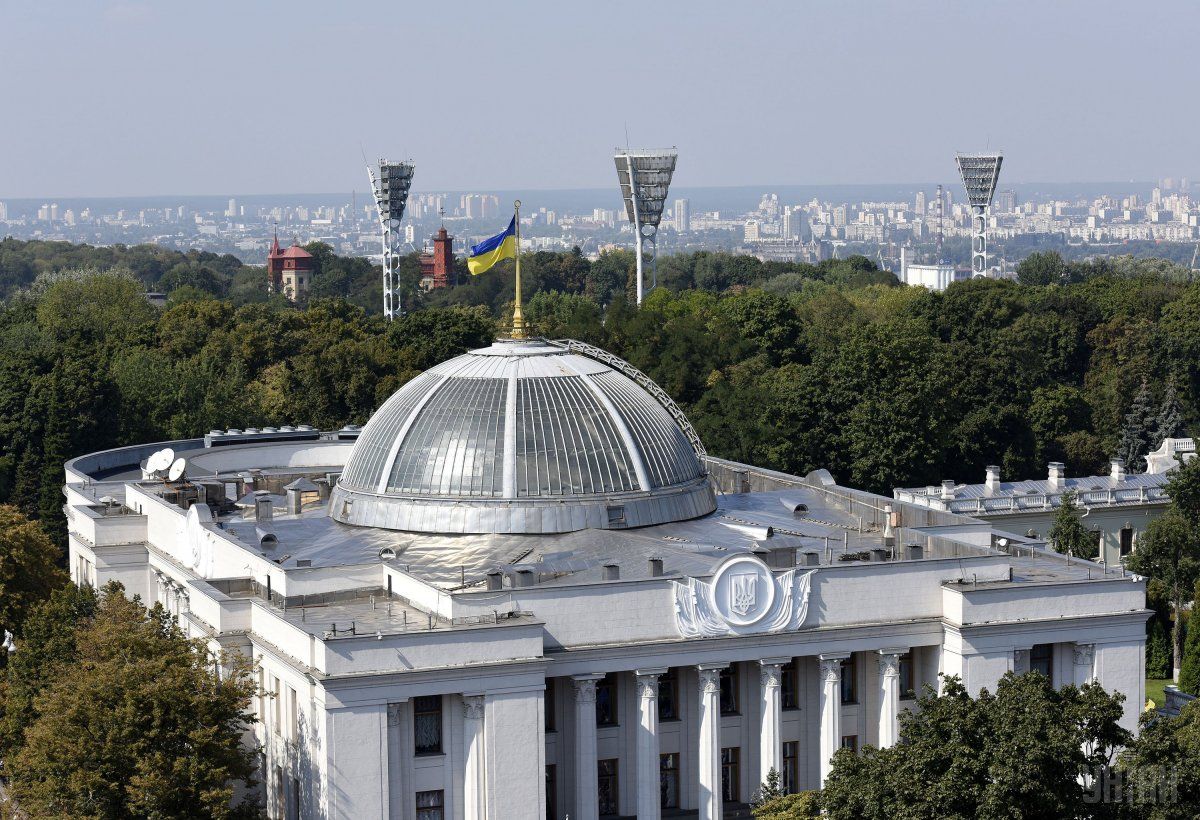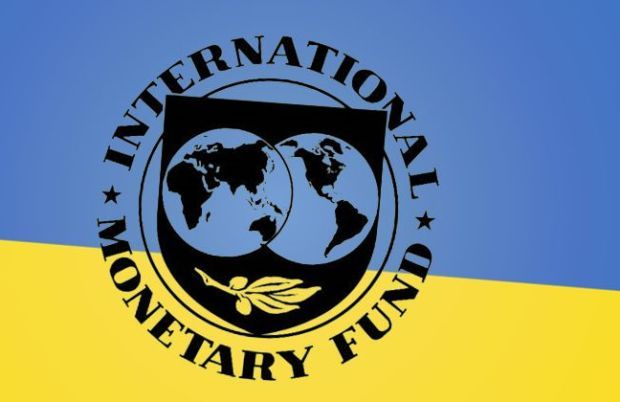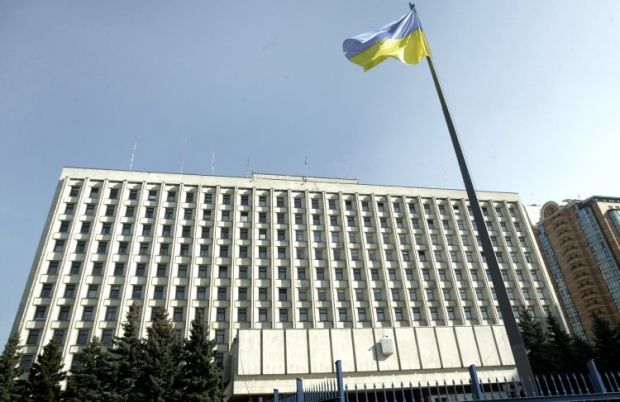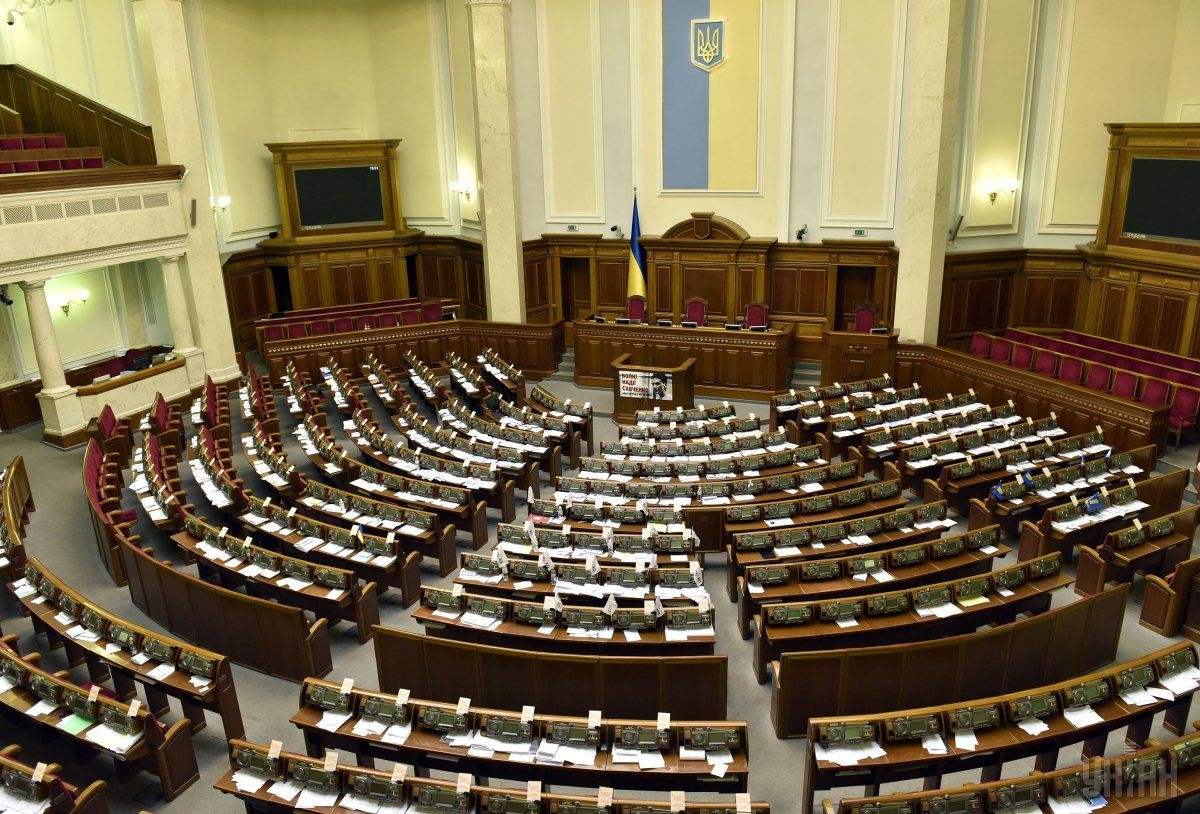
Parliament returns to work
The previous two weeks in the calendar of the Ukrainian Parliament were marked as "work in the committees' and 'work with voters." Traditionally, the efficiency of the parliamentary activity remained very low during this period. Should we expect a qualitative change in the plenary week?
On May 10, the Verkhovna Rada has started its work after a two-week break. Despite the fact that, formally, the majority of deputies has not visited the Rada for the past two weeks, the bills were submitted with a regular pace. In the period between April 25 and May 6, 156 bills and draft resolutions were registered on the website of the Verkhovna Rada. It is also interesting that the record in the submission of documents to the Parliament was set by the Cabinet - 78 draft laws against 37 bills of the deputies (excluding resolutions). Considering that over a similar period of time, an average of 150-170 bills and draft resolutions get submitted, today’s stats are not so bad. But that’s only if we pay attention to the number of documents, not their quality.
The thing is that most documents registered in the mentioned period are technical in nature – resolutions on rejection of certain draft laws, their adoption or return for revision (most of them in the agrarian, tax, environmental and social spheres).
In addition, the new government’s "lawmaking" is not an indicator of its strong legislative work, but purely a procedural nuance. "According to the legislation, the new government shall automatically withdraw bills that have been submitted by the previous composition of the Cabinet, but did not pass the first reading or were not even on the agenda. And, as a rule, most of them get re-registered," said Taras Chornovil, ex-MP and a political scientist.
That is, it’s not the new bills that are being drafted in the Cabinet: if the bill was registered the previous composition of the government, and the new ministers have no objections to it, the draft law is withdrawn and then re-submitted.
Taking this into account, the number of legislative initiatives, registered in the Parliament during the "May holiday" does not seem so impressive anymore.
However, according to the expert of the Reanimation Reform Package, Yaroslav Yurchyshyn, the new Cabinet has not just re-submitted the old versions of draft laws: "They took the "old" base, but the bills were reviewed and modified.” In particular, it’s about the social and financial bills. Moreover, for example, a bill to abolish the taxation of pensions was fully initiated by the new government.
Urgent need
Despite the fact that submitting a bill does not mean it will soon be considered the draft laws in question are likely to be considered as early as at the next plenary session. "Government bills will be voted on in the near future,” said Chornovil. “Because, in fact, it is the return of the projects that had already been in the Verkhovna Rada."
"Not necessarily all of them will be a priority, but most of them will be considered, so to speak, in the general queue," he added.

Yaroslav Yurchyshyn believes that the Rada should begin its plenary week with the "bills critical for adoption" – those that directly relate to the requirements of the International Monetary Fund. "We know that it will be difficult to get the next tranche from the IMF due to the protracted government crisis. Therefore, it is important that the government and parliament consider the draft laws that relate to cooperation with the IMF. It’s about stabilization of the banking system, as well as the system of the new forex regulations. They can be considered as priority not by social significance, but by the terms for their adoption," he said.
Ministry of Economic Development and Trade also calls on Parliament to adopt 14 laws necessary for the continuation of cooperation between Ukraine and the IMF. In particular, draft laws relating to the administrative reform of central executive bodies, customs reform, as well as minimization of the impact of tax administration on the state budget revenues, privatization and corporatization of state assets in the energy sector, reform of Ukrzaliznytsia Ukrainian Railways, and the bill on the establishment of a business ombudsman.
The ministry hopes that MPs will be able to "quickly begin a substantive review of these legislative initiatives in the session hall." "I want to urge deputies to realistically assess the situation in the country, to take responsibility for their statements on the expediency of cooperation with our international partners, and facilitate – not with words – with their voting Ukraine's exit from the crisis," Economy Minister Stepan Kubiv said addressing the deputies.
Political issues
Just as important are the so-called "political" bills. Despite the fact the failures to amend the law on the prosecutor's office "to fit Yuriy Lutsenko’s appointment to a prosecutor general’s post," the issue remains vital.

In turn, in addition to the reform of the prosecutor’s office, Rada Speaker Andriy Paruby insists on a speedy reform of the parliament itself. As reported earlier, the speaker presented the potential changes in Rada’s regulations according to a plan, developed in conjunction with the "Cox Mission" last week. Among the major innovations is three plenary weeks instead of two; more days to work in the committees; debates with the government instead of a Q&A format within the existing Friday's "government hour," etc.
Another question that requires Rada’s immediate response is the issue of changes in the composition of the Central Election Commission. It’s not only that 12 of the 15 members of the CEC had their seven-year term of office expired on June 1, 2014, but they continue to perform their duties. It’s also about the fact that additional elections to the Rada must be held in seven single-mandate constituencies across Ukraine, as several elected deputies have moved to the executive branch after the formation of the new composition of the Cabinet. Just a slight hint that the vote count at these elections may be held by the old composition of the CEC causes great irritation in the ranks of all opposition teams.
"The President said that the expert consultations are being finalized at the moment and in the near future, as the law stipulates, proposals on members of the CEC will be submitted to the Verkhovna Rada. I promise, as soon as these proposals come in, they as soon as possible, I emphasize – as soon as possible – will be brought into the [session] hall for consideration and decision-making," said Andriy Parubiy.
In addition, ex-coalition members the Radical Party, Samopomich and Batkivshchyna – will also put a stick in the wheel, the analyst believes. According to him, it will not be the case though with the "social" bills: firstly, because many deputies have previously publicly supported these changes, and secondly, because MPs are always willing to support the socio-attractive bills as this is another opportunity to "suck up" to their voters. At the same time, it shouldn’t be expected that the plenary work will be effective. "actually, there is enough support within coalition for the number of legislative initiatives,” said Chornovil. “But in the coalition, there are some people with their own business interests who are really unhappy with the IMF package of bills. Therefore, we should expect that individual decisions will be blocked."

Other factions may disrupt the Rada’s work as well. In particular, leader of the Radical Party Oleh Lyashko pledged to block the rostrum of the parliament in the event if a temporary investigative commission on shell companies is not created. Besides, another stumbling block in the legislative work can be a new round of offshore leaks: on Monday, May 9, the ICIJ released new data from a Panama Papers archive. For example, the Samopomich faction insists that a temporary investigative commission of the Verkhovna Rada be set up to probe the possible involvement of the Ukrainian president in offshore companies. "The president has to be put under the law, not above the law,” said MP from Samopomich Yehor Sobolev. “To date, there is not a single procedure, any opportunity to investigate his violations."
In turn, Rada Speaker Andriy Paruby noted that blocking the parliament would mean halting the work of the supreme legislative body of the state. And it is not an option. "Blocking the rostrum is an unacceptable method. Especially given the pace of our work today," he added.
In order to improve the discipline and fight absenteeism of people's deputies, Parubiy has already signed a decree on imposing fines against those MPs who often skip plenary meetings. Of course, such measures are a drop in the ocean for those mandate-holders who live at the expense of business interests, rather than wages. However, according to Andriy Parubiy, the main thing about his initiative is publicity: "There is no greater mechanism of influencing the MPs than public pressure."
Will such "punitive measures" affect the quality of the deputies’ performance? We’ll see.
Maryna Mikeladze

